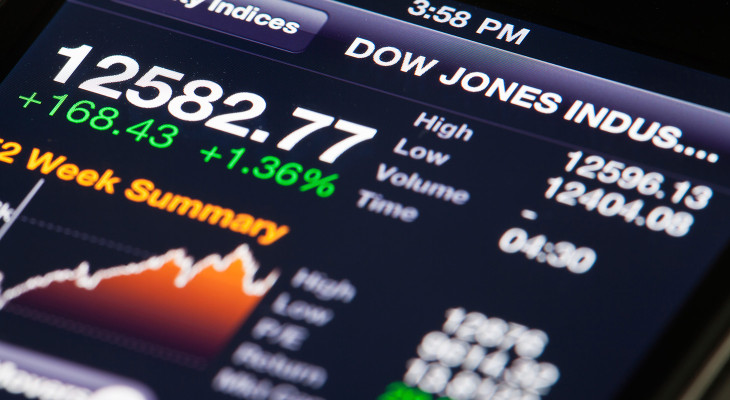
Stock Markets at All Time Highs After Trump Win
Are Current Valuations Sustainable?
The Dow Jones and The S & P 500 hit all-time highs last week. Company earnings and the Fed’s interest rate outlooks have not changed. What has changed it the surprise election of Donald Trump. Most market participants expected Hillary Clinton to beat Donald Trump. A Trump victory was near universally thought to be a disaster for the markets. On election night when it appeared that Donald Trump might emerge victorious, global equity markets and futures markets collapsed and gold soared.
But only for a few hours. By the end of the week of November 6, stocks had erased all of their losses and approached new highs. Gold shot up $45 an ounce to $1,345 and has since fallen below $1,200 an ounce.
What Changed?
Brexit was also supposed to be a catastrophe for markets and economies. As it became clear that the Brexit vote was going to succeed international equity markets also swan dived – for a short period of time. Markets soon continued their march higher after Brexit. Gold and silver shot higher and remained high for a couple of months after. The British Pound remains a casualty of the Brexit vote. It was smashed down immediately after the Brexit vote from around $1.50 to about $1.25 where it has remained since.
To date, Brexit is only a concept and may never be realized. The timing and implementation of Brexit are uncertain. Since Brexit, the British economy has not collapsed even though the value of the Pound has. Whatever uncertainty Brexit may bring is far off enough in the future for markets not to care too much about it.
Donald Trump’s election to President is closer to becoming a reality than Brexit as his inauguration date is set for January 20, 2017. Yet, a Trump Presidency, rather than being viewed as a certain disaster, is being embraced by the markets.
Trumpflation
Markets project what they think a future event may have on prices. It’s not until that event arrives that the markets can adequately digest the impact of the event. Uncertainty usually favors gold and hurts equity markets. It seems, however, that a compelling argument was quickly drawn up by market participants that would allow them to bid equity markets higher. A Trump presidency, the new narrative went was good for the economy. After all, Mr. Trump promised to rebuild the countries infrastructure and put people to work. That would mean more spending and economic activity. A new term was coined to describe this projected economic activity – Trumpflation.
Trumpflation may mean greater economic activity. Funding for the type of infrastructure projects contemplated by a Trump administration, however may lead to another type of ‘flation” – INFLATION. Infrastructure projects would inevitable involve debt financing. Borrowing more money at at time when the United States already has a $19 trillion deficit and $100’s of trillions in unfunded liabilities, may help boost inflation.
With market participants fully expecting a rate hike in December, we are reminded of the stock January 2016 market carnage that followed the rate hike of December 2015. Will we see a repeat of market turmoil in January 2017 as President- Elect Trump prepares to take the oath of office? Only after Donald Trump’s inauguration in January and first 100 hundred days will we be able to get a greater handle on what a Trump Presidency will be like. At that point, markets will be able to price equities and gold based on policy directives, rather than campaign promises.
This article by BGASC is not, and should not be regarded as, investment advice or as a recommendation regarding any particular course of action.
